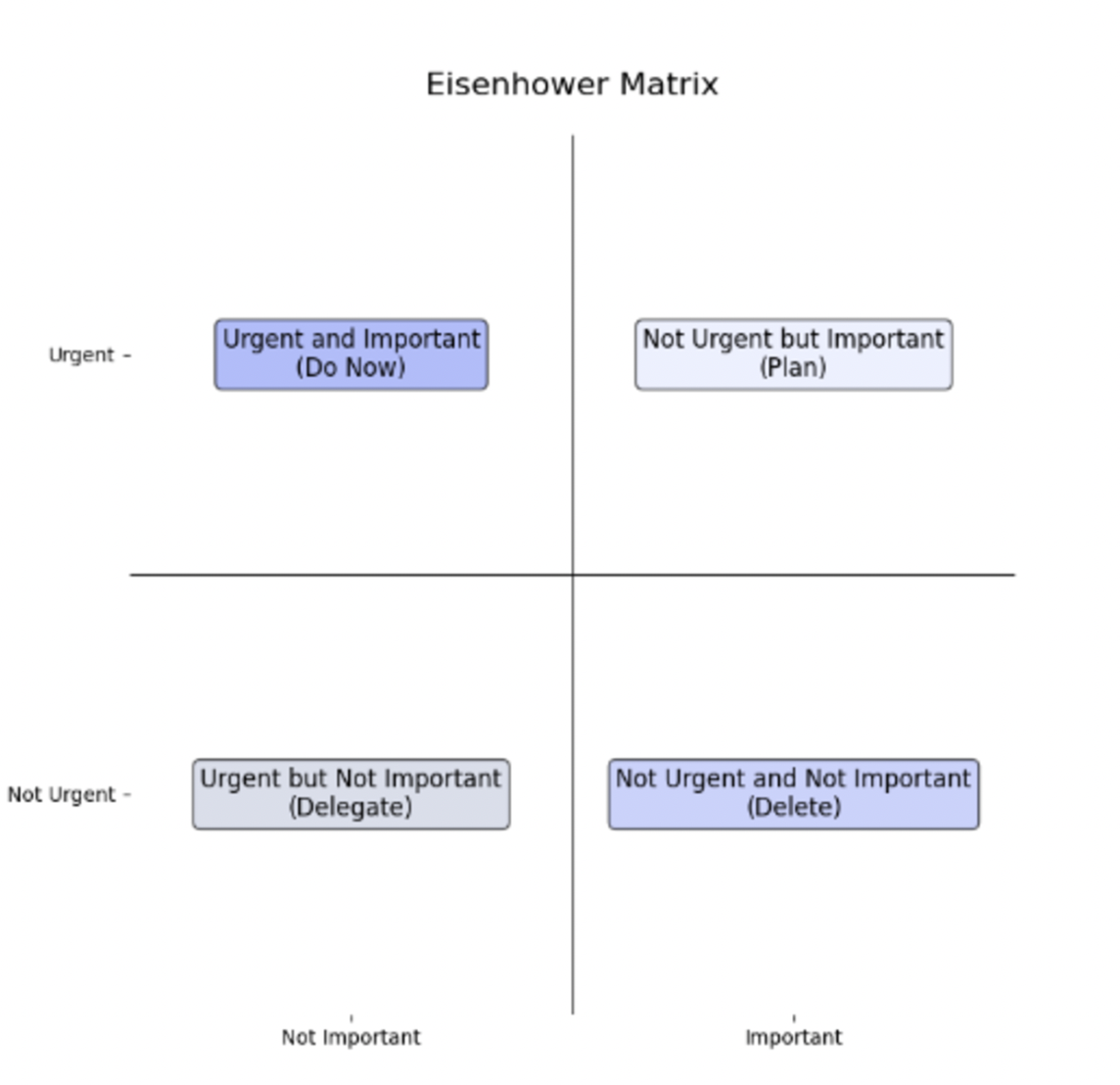Managing teams scattered across different continents and time zones has become the new normal for many organizations. Globalization and remote technologies enable companies to hire the best talent regardless of location. However, this brings serious challenges in coor
How to Set Up Goals and Achieve Success
Setting goals isn’t just about writing down your wishes. It’s an art that requires a clear understanding of priorities, a roadmap for achievement, and the resilience to overcome challenges. This article explores the principles that will help you successfully reach both personal and professional milestones.
Key takeaways
The SMART method ensures your goals are clear and achievable.
Prioritizing tasks helps maintain focus on what’s most important.
Regular progress tracking keeps you motivated and on the right track.
Why Is Proper Goal Setting Important?
Goals channel your energy and resources in the right direction, providing clarity and motivation. Research from Harvard University found that individuals who write down their goals are three times more likely to achieve them compared to those who don’t. Written goals act as a constant reminder and stimulus to take action.
How to Use the SMART Method?
SMART is a popular approach to goal setting that makes objectives more attainable:
- Specific: Clearly define your goal. For example, instead of saying, “Improve health,” set “Go to the gym three times a week.”
- Measurable: Include metrics to track your progress.
- Achievable: Ensure the goal is realistic given your resources.
- Relevant: Align the goal with your priorities.
- Time-bound: Set a clear deadline for achieving it.
How to Prioritize and Stay Focused?

Taking on too much at once often leads to scattered efforts. Prioritization helps avoid this. Use the Eisenhower Matrix to categorize tasks as urgent, important, or secondary.
For instance, a team manager might organize tasks into daily priorities, weekly goals, and long-term plans to maintain focus amidst day-to-day demands.
How to Stay Motivated and Track Progress?
Motivation is crucial, especially for long-term goals.
- Break your goal into smaller steps: Each completed step provides a sense of accomplishment.
- Track your progress: Use apps or visual tools to monitor achievements.
- Reward yourself: Even small rewards can inspire continued efforts.
For example, marathon runners often focus on completing the next mile rather than the entire race, which keeps them motivated throughout the journey.
👉 Learn how to streamline workflows in "How To Make a Workflow Template".
👉 Explore project planning basics in "How to Create a Project Roadmap".
👉 Discover the SMART approach for teams in "Agile Team Structure".
Interesting fact 
Thomas Edison, the inventor of the light bulb, used to write weekly goals and tasks. His lists often contained over 50 items, and he credited this method for not only organizing his work but also fostering creativity at a high level.
Conclusion
Effective goal setting is the foundation of success. By using the SMART method, prioritizing tasks, and celebrating milestones, you can achieve both personal and professional excellence. Continuous improvement in goal-setting skills will lead you to greater heights in your life and career.
Recommended reading 

"Atomic Habits" by James Clear
The book offers a proven framework for building good habits and breaking bad ones. The key isn't willpower—it's having the right system in place to support lasting change.
On Amazon
"The 7 Habits of Highly Effective People" by Stephen Covey
The book presents a principle-centered approach for solving both personal and professional problems.
On Amazon
"Drive: The Surprising Truth About What Motivates Us" by Daniel Pink
The secret to high performance and satisfaction-at work, at school, and at home—is the deeply human need to direct our own lives, to learn and create new things, and to do better by ourselves and our world.
On Amazon






